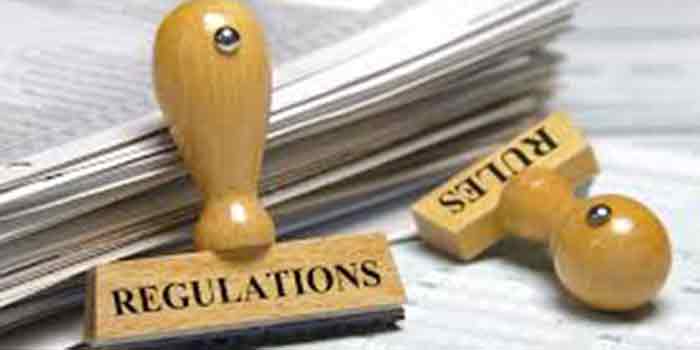Lawmakers in New Jersey are rethinking the state’s approach to minors who break gambling laws in an effort to give more effective treatment and education options. The current penalties for anyone found guilty of breaking New Jersey’s gambling regulations while under the age of 21 are between $500 and $1,000.
After being held up in committee last year, Senate Bill 1599 has been brought up again this year. This proposed legislation aims to establish a program focused on preventing compulsive gambling, educating youth, and providing treatment specifically designed for underage offenders in New Jersey. Recently, the measure was approved by a vote of 5-0 in the Senate’s Committee on Government, Wagering, Tourism, and Historic Preservation.
Facing The Reality
Senator James Beach (D-Camden), the bill’s committee chair and assistant majority leader, said that the bill’s proposed fines for minors who gamble illegally will not deter them from doing so. The disproportionate effect of financial penalties on low-income households was another cause of concern he raised.
“It is our hope that this can help to address unhealthy relationships with gambling and prevent kids from becoming repeat offenders,” the state Senator commented.
Problem gambling is becoming more common among high school students, reports the National Council on Problem Gambling. They found that between 4 and 5 percent of American teenagers fit the criteria for a gambling issue, and another 10 to 14 percent are at risk for developing a gambling addiction or disorder.
The amendment would allow the court to impose a fine in addition to, or in place of, a requirement that the offenders enrol in and complete a program for the prevention, education, and treatment of compulsive gambling.
If the bill is passed and signed by Democratic Governor Phil Murphy, the Council on Compulsive Gaming in New Jersey (CCGNJ) would be responsible for creating a program to prevent minors from engaging in gaming. As the state organization in charge of regulating commercial gambling in New Jersey, the CCGNJ relies heavily on revenue from the New Jersey Lottery and the New Jersey Division of Gaming Enforcement.
If the measure is passed into law, it would perhaps serve as a model for other jurisdictions, that are now grappling with an increase in the number of people who have gambling problems. Regulatory reform and modernization of gambling laws are already underway in certain countries, such as the United Kingdom, leaving space for novel approaches.



